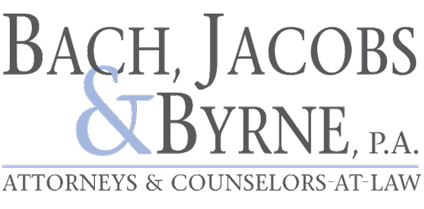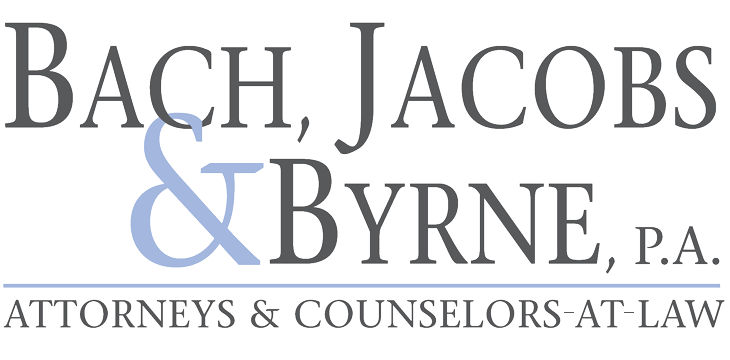How is the Internal Revenue Service (IRS) involved in probate?
It is the duty of the personal representative of an estate to oversee the repayment of debts owed by the decedent as well as to submit the final tax returns for the decedent. It is necessary for the personal representative to complete a final federal individual income tax return (Form 1040), being sure to make note of all income up to date of death as well as any credits or deductions to which the decedent is entitled. Then, the personal representative may need to file Form 1041, the U.S. Income Tax Return for the Estate. For federal gift taxes, Form 709 may be filed; Form 706 is the return filed for the federal estate tax, if it is required.
If the decedent has not kept up to date with his/her tax returns, it is up to the personal representative to pay off the tax returns from previous years from assets of the estate. A personal representative may verify the tax return history of a decedent by submitting Form 4506-T, Request for Transcript of Tax Return.
If you are a personal representative in need of probate assistance or wish to evaluate whether a probate proceeding is necessary to administer an estate, please call the attorneys at Bach, Jacobs & Byrne, P.A. at (941) 906-1231 to schedule a consultation. Attorney Fred Jacobs is a Florida Board Certified Tax Lawyer who can also assist you with the preparation and filing of an estates tax return.



